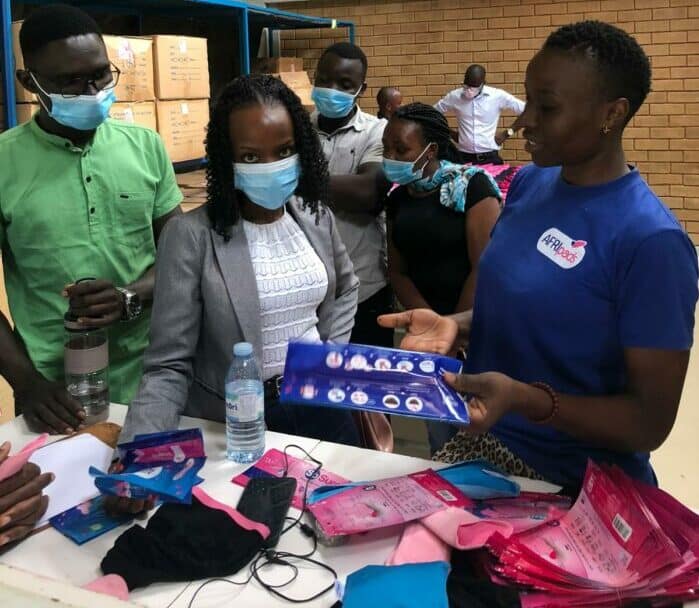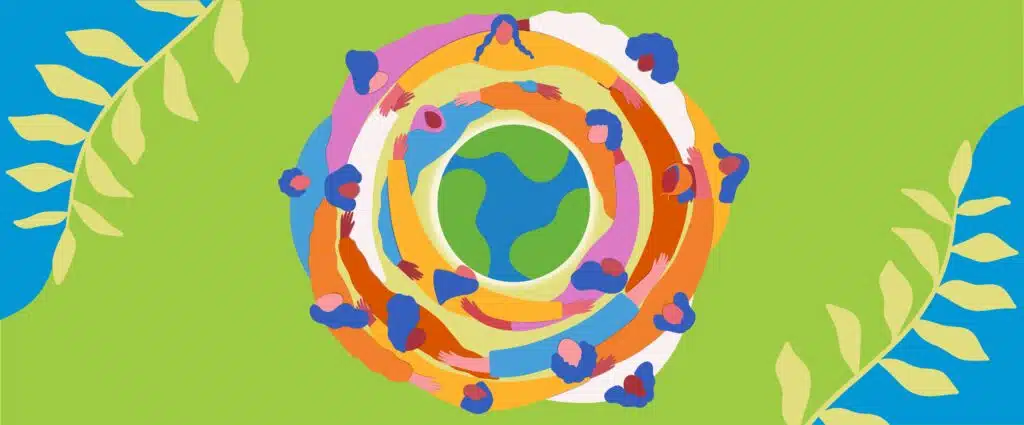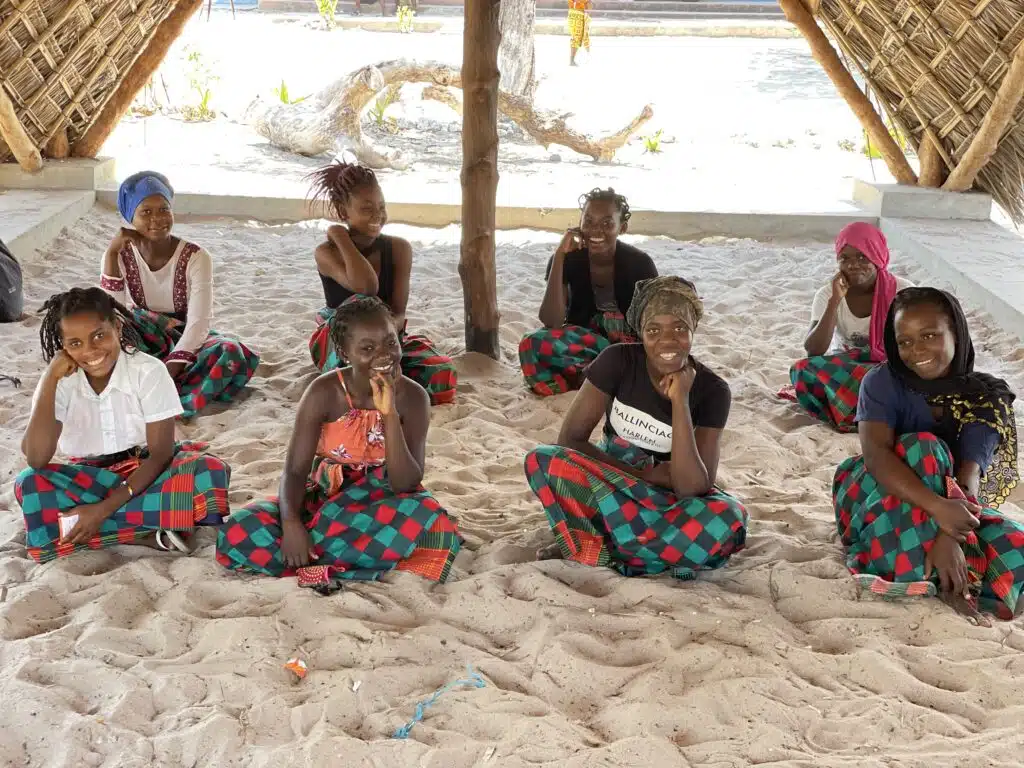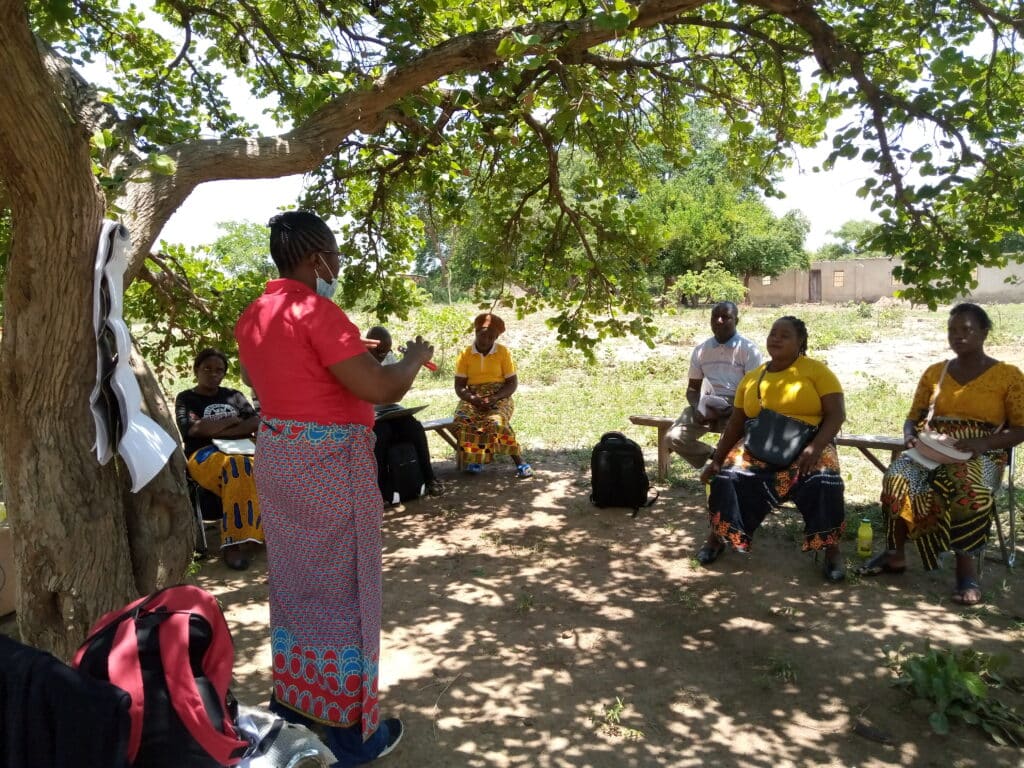Leading research on Menstrual Health and Hygiene in Schools
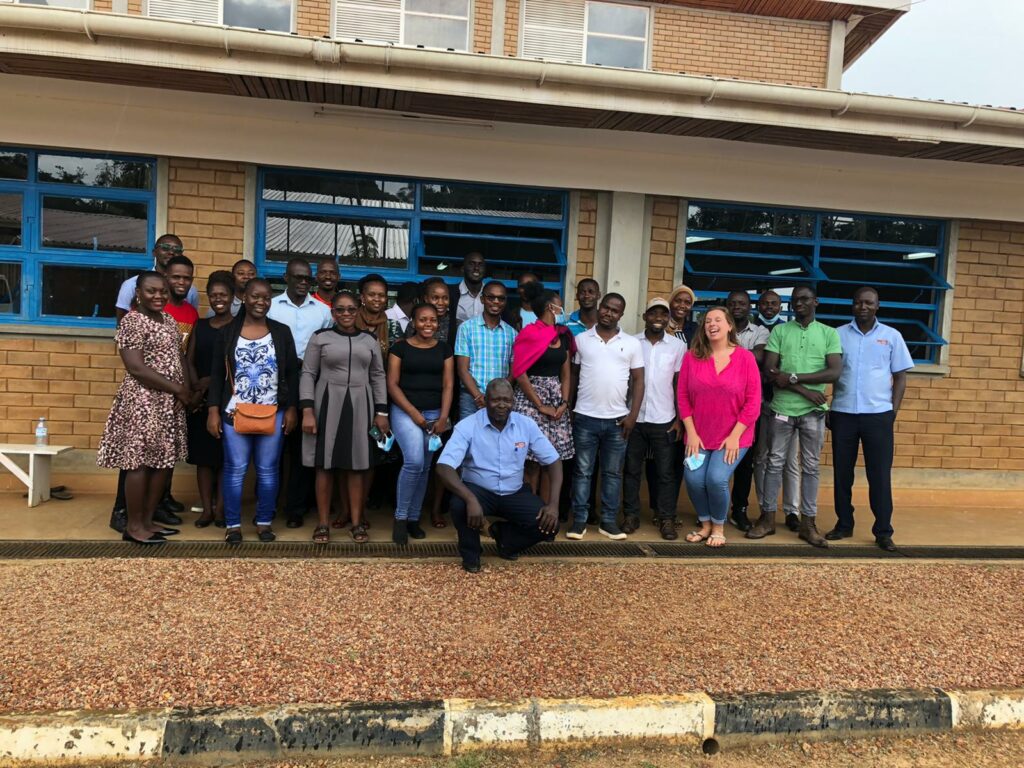
The Medical Research Council (MRC) /Uganda Virus Research Institute (UVRI) & London School Hygiene and Tropical Medicine Uganda (LSHTM) Research Unit is an internationally recognized Centre of excellence for research and training. Their mission is to conduct high-quality research that adds knowledge and leads to improved control of infectious and non-communicable diseases in Uganda, Africa and globally. They do this through translation of scientific findings into policy and practice, and rigorous research capacity building.
The MRC Uganda Unit is currently leading the implementation of a large research study on menstrual health in Ugandan secondary schools called MENISCUS.
The study is trying to understand if the provision of AFRIpads reusable pads and menstrual cups, combined with an educational intervention, enables girls to stay in school and attain a secondary school level of education.
We chose the MRC Uganda Unit as our Partner of the Month for October because of this groundbreaking research study. MENISCUS is the first large-scale research study on MHH in Uganda. We spoke to Titus Ssesanga Kisa, a project team leader at the MRC Uganda Unit about why this research is important.
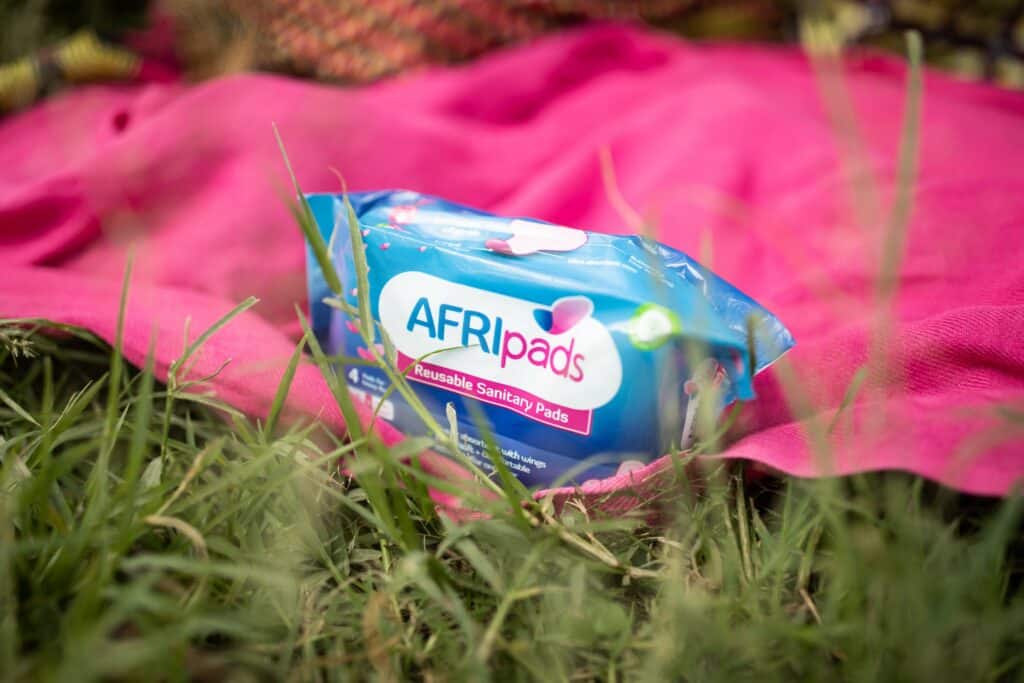
What is MENISCUS?
MENISCUS is a Randomized Control Trial (RCT) which aims to assess whether a multi-component intervention addressing physical and emotional aspects of menstrual health improves educational attainment, mental health problems, menstrual management, self-efficacy, and quality of life among girls in secondary school in Uganda. The MENISCUS trial started in 2020 and will end in 2023.
What is a Randomized Control Trial?
This means at random, some schools were selected to receive the intervention immediately (in this case menstrual products, MHH education, and pain relief) and some receive the intervention a year later. These two groups will be followed for one year, and specific outcomes are measured at the end of this period, to understand if there was an improvement in outcomes, and if this was attributed to the intervention.
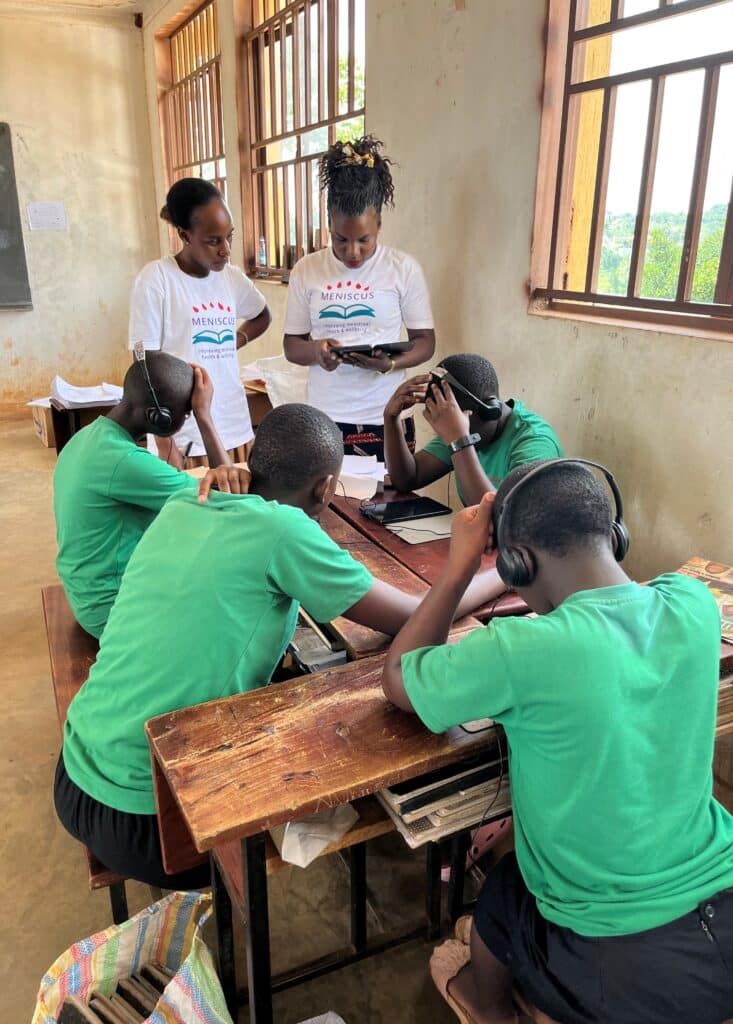
What is the MENISCUS intervention?
The intervention includes provision of AFRIpads Schoolgirl Kit, AFRIpads Underwear and pain relief for all girls, improvements to the school water, sanitation and hygiene (WASH) facilities, improved puberty education and a drama skit to address menstrual-related stigma.
How did the MRC Uganda Unit select the participants for the research study?
We selected all female Senior Two students and a random sample of male students in 60 randomly selected eligible secondary schools in Wakiso and Kalungu districts in Uganda.
Why did you include boys in an MHH study?
Boys are included in the educational intervention as we think it is important for boys to also understand the menstrual cycle, and the impact on girls for their own benefit, and to reduce menstrual stigma in the whole school environment.
Why is this study important for girls’ Menstrual Health and Hygiene?
We hypothesize that educational attainment, mental health outcomes, and related health- and well-being outcomes will be improved by addressing the menstrual health, social and physical environment in secondary schools.
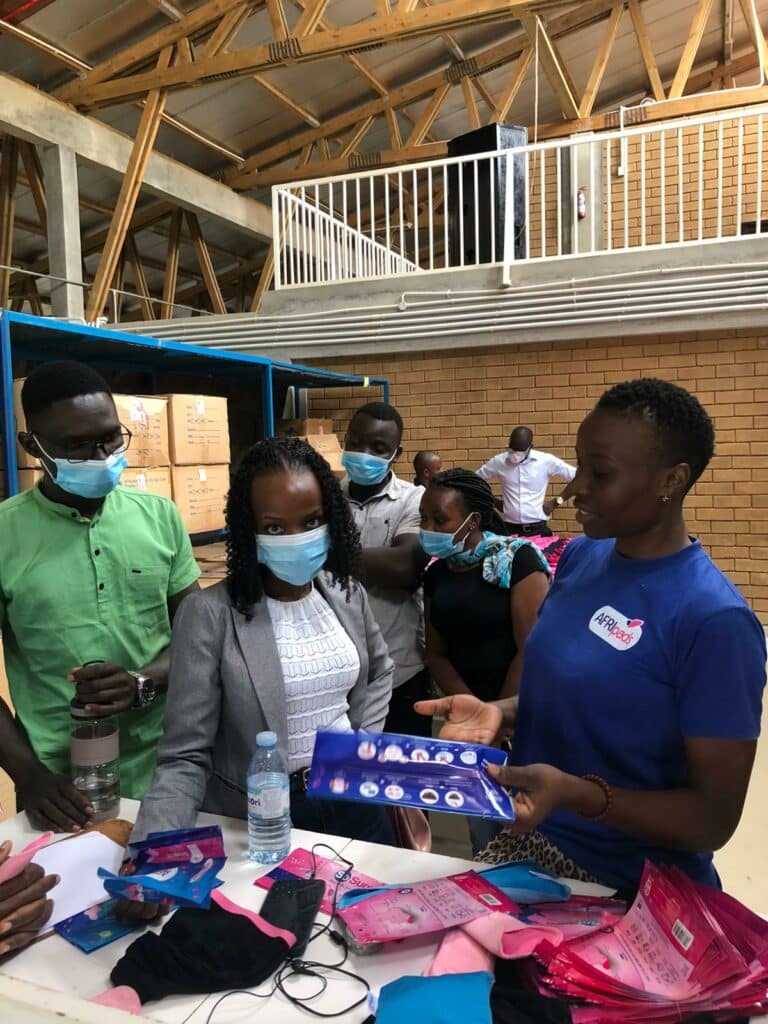
Any Final Remarks?
Every girl has the right to dignity and education. These two cannot be compromised by the circumstance of being young, born female or being poor. We call for improvements in meeting menstrual health management needs because these are an essential foundation for health, well-being and academic achievement.

Thank you MRC Uganda for sharing with us about MENISCUS. We are looking forward to the findings and its impact on MHH in Uganda.
